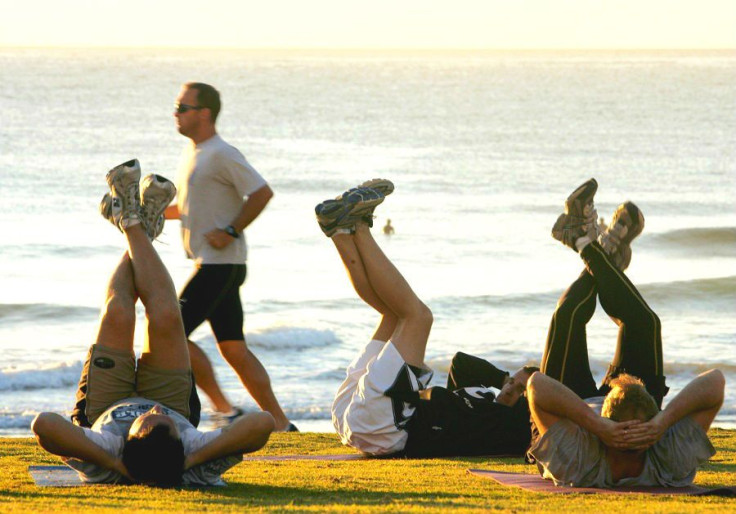Genetic Test Can Reveal How Exercise-Friendly Your Body Is

It has been well-established that people's bodies react differently to stimuli. Often enough, after New Year's resolutions, when everyone has determined that they will finally start working out, they'll enlist a "gym buddy." But despite the fact that they are doing the same exercises, one person might find that he or she is responding very quickly to the exercises, while the other sees no progress. Now, a genetic test exists that can tell you what exercises a would-be work-out enthusiast would best respond to.
The test is based on the findings of a 2010 study conducted by a team of multinational researchers. The study found that there are 30 genes that dictate a person's response to various exercises. The original study looked at genotypes from muscle tissue from several groups of volunteers who completed six to 20 weeks of endurance training. The test, which can be obtained from the company's website, looks at those 30 genes in consumers. It is available for commercial consumption after the study's leader James Timmons appeared on BBC last year and was flooded with queries for a commercial product.
There are other less advanced exercise-related gene tests on the market right now. Most of them test a single gene, and are able to tell you if you or your child possesses the gene capacity to become a sprinter or long-distance runner.
But this new test is far more reliable, the researchers behind it say, though they admit that the genetic test only looks at VO2 max, which is just one measure of how someone responds to exercise. The VO2 max is the body's ability to use and distribute oxygen to working muscles.
The test requires a deep pocket - it's about $318, or £199, for genotyping and a brief report from XRGenomics. But ultimately, the researchers behind it hope that you will be motivated to continue working out. Many people become discouraged and quit after they do not see the results for which they had hoped, but it may simply be that their bodies simply do not respond well to the exercises that they have applied. So, Timmons says, if you are a low responder to endurance training, like Timmons is, resistance training may be a better bet.



























